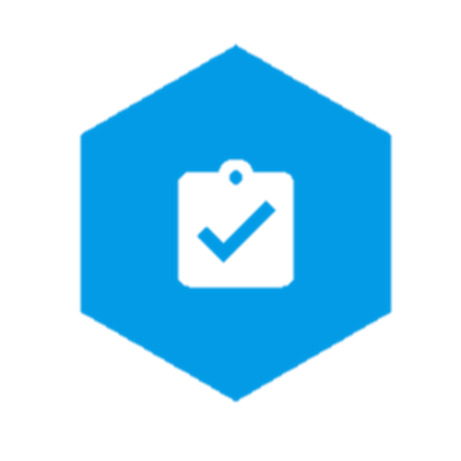All TEN modules are mapped to the seven domains in the TEN Capability Framework and are designed to support teaching staff in the delivery of high-quality student learning experiences. To learn more about TEN click here.
Explore the domains by hovering over the icons in the circle.
Designing and Planning Curriculum
Introduction to Flexible Learning
Introduction to Flexible Learning is suitable for teachers who are both new to teaching online or are experienced teaching staff who want to improve the effectiveness of their existing practice.
Embedding Future Workforce Skills
Work collaboratively to articulate a prediction of the skills, knowledge and dispositions for the future workforce and design a lesson that nurtures these skills.
Designing Lesson Plans
Explore the benefits of lesson planning and common features of good lesson plans and further develop your skills.
Designing for Equivalency and Versatility
Designing for Equivalency and Versatility is suitable for teachers who are both new to teaching online or are experienced teaching staff who want to improve the effectiveness of their existing practice.
Creating Accessible Learning Opportunities
Creating Accessible Learning Opportunities is suitable for teachers who are both new to teaching online or are experienced teaching staff who want to improve the effectiveness of their existing practice.
Facilitating Student Learning
Teaching in the Navitas Context
Understand learning and teaching at Navitas and think about your own teaching style and analyse how it aligns with the Navitas values and contexts. Explore the similarities and differences across the Navitas learning and teaching community.
Teaching in Flexible Learning
Teaching in Flexible Learning is suitable for teachers who are both new to teaching online or are experienced teaching staff who want to improve the effectiveness of their existing practice.
Showcasing Innovative Teaching Practices
Look at teaching and learning through your students’ eyes and innovate with empathy. Focusing on what innovation means in an educational context and exploring innovative teaching practices at Navitas.
Learning and Teaching Online
Develop experience and a working understanding of successful online teaching pedagogies that can be applied to your own teaching contexts. Designed for those who are new to teaching online or for experienced teaching staff wanting to improve the effectiveness of their existing practice.
Enhancing Assessment and Feedback
Moderating and Validating Assessments
Explore the importance of assessment moderation and validation and learn how to undertake a critique of assessment practices against a set of guidelines and make recommendations to improve assessments.
Engaging Students in the Assessment Process
Review an assessment process cycle and note challenges of engaging students in this process. Explore strategies for involving students to develop their assessment literacy, while promoting a stronger sense of engagement and ownership in their own learning.
Designing Rubrics
Discuss the pros and cons of rubrics, see a handy 4-step guide to designing effective rubrics, compare different examples and create a rubric to evaluate a specific learning outcome.
Assessing Learners
Re-evaluate how assessment tasks are delivered in terms of applying basic, good practice, contemporary principles that often underpin success. Review the principles of contemporary assessment practices and how these relate to your teaching practice.
Optimising Digital Technologies
Promoting Digital Literacies in Students
Explore digital literacies relevant to higher education students and redesign an existing learning and teaching practice so as to develop students’ digital capabilities.
Introduction to Learning Analytics
What are learning analytics and how can they be used to monitor and support student learning and engagement? In this module, you will be introduced to the skills and processes required to gather, interpret, and act upon student data.
Enhancing the Student Experience
Retention in the Navitas Context
What factors impact the retention and success of Navitas students? In this module, you will be introduced to retention in the Navitas context. You will explore retention and student success and why it is a critical element of Navitas' strategic goal of delivering world class quality through excellent student outcomes.
Reflecting on Teaching Practice
Reflecting on Technology-enhanced Learning Practices
Reflect on your digital competencies with the aim of implementing small changes in the classroom setting. Build the capability of reflecting on teaching practice and the use of digital technologies to support technology enhanced learning.
Developing a Professional Teacher Identity
Review the complex and multifaceted concepts behind a teachers' professional identity. Examine the benefits and consider the factors which shape this identity.
Engaging in Scholarship of Teaching and Learning
Modules in this domain are currently in development. Check back again later.

























